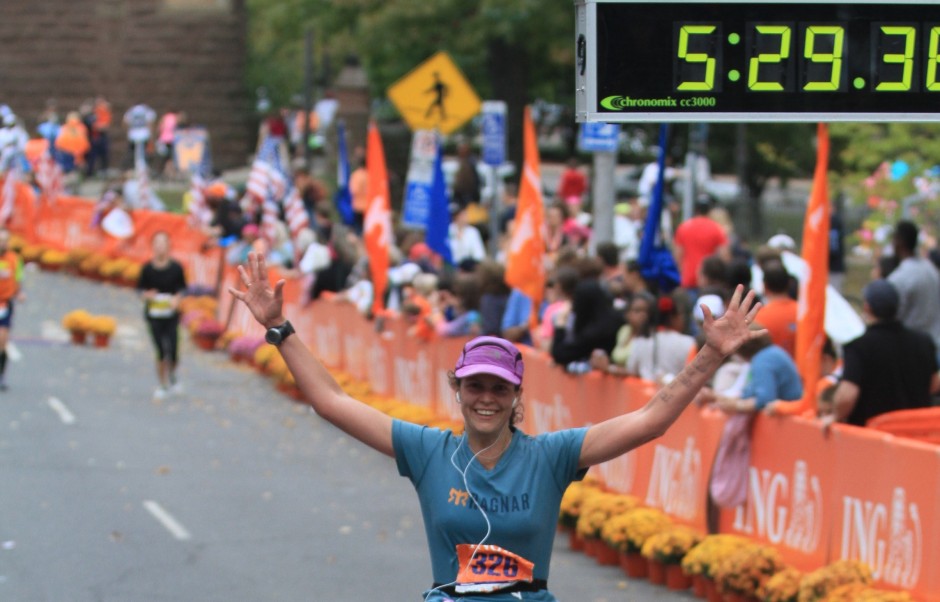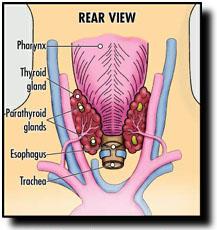Apparently there are three significant things that can go wrong after thyroid surgery: post-operative bleeding, voice impairment, and damage to the parathyroids. I’m not bleeding so I’ve got that going for me! But I managed to get the other two post-surgical complications, which is a huge bummer.
My first issue is problems with my voice. It’s raspy and I don’t have a lot of ability to project. I can’t sing at all, which breaks my heart. I’m also nervous about my ability to give 80 minute lectures beginning in early September. Right now, I can have a one-on-one conversation and I sound weird, but I can be understood. If I’m outside or in a larger group, it’s much harder for people to hear me. However, last week I was able to start voice therapy! Getting an appointment did involve crying in front of the receptionist, but whatever. The therapist I am working with is incredible. She played me recordings of people she has helped, including another professor, and their voices go from almost incomprehensible to perfect. Plus she is amazingly supportive and understands how frustrating it is when your voice is always weird. I am very hopeful about this issue.
The second issue is much more difficult. I currently have a condition called hypoparathyroidism. This condition is rare, serious, and hard to understand. There is no cure. We are hoping to get to a point where it is well managed, but we are not there yet. The parathyroid glands are near the thyroid. In fact, “para” means “with.” But the parathyroids don’t really have anything to do with the thyroid. Sometimes, though, when the thyroid is surgically removed, the parathyroids get upset or “stunned” and they stop working. That’s what happened to me. Because the term hypoparathyroidism tends to make people think the thyroid is involved (when it is not), doctors and patients often refer to this condition as “hypopara.”
Symptoms of hypoparathyroidism include (from https://www.nhs.uk/conditions/hypoparathyroidism/):
- a tingling sensation (paraesthesia) in your fingertips, toes and lips
- twitching facial muscles
- muscle pains or cramps, particularly in your legs, feet or tummy
- tiredness
- mood changes, such as feeling irritable, anxious or depressed
- dry, rough skin
- coarse hair that breaks easily and can fall out
- fingernails that break easily
As might be imagined, none of that is very fun. The symptoms are produced when low-functioning parathyroid glands don’t send enough calcium into the blood. In that way, it’s a little bit like diabetes except it’s about low calcium instead of low blood sugar. However, diabetes is well known. Hypopara is rare enough that your average ER doctor may not have heard of it. That’s relevant because if calcium drops low enough, you have to go to the ER to get calcium intravenously. Also, not a fun idea.
It turns out that muscles need calcium from the blood stream to operate properly. When I run, I get the tingling sensation and the muscle cramps, which can be pretty severe. I’m incredibly grateful that I am able to run at all. Right now, I am taking a lot of Tums as an easy and cheap method of calcium supplementation. I am also taking fancy vitamin D. It’s nothing to do with calcium in my bones and everything to do with calcium in my blood. It’s very much a work in progress.
My doctors disagree about whether the hypopara is permanent or temporary. The only way to find out is to wait. Even if it is temporary, the best guess is that I will have 4-6 months of dealing with it and those months are not likely to be easy.
I very much appreciate prayers and good wishes, especially directed towards getting my parathyroids to wake up.
Oh, by the way, I had Covid. Which is pretty much how it felt compared to this post-surgical stuff.

